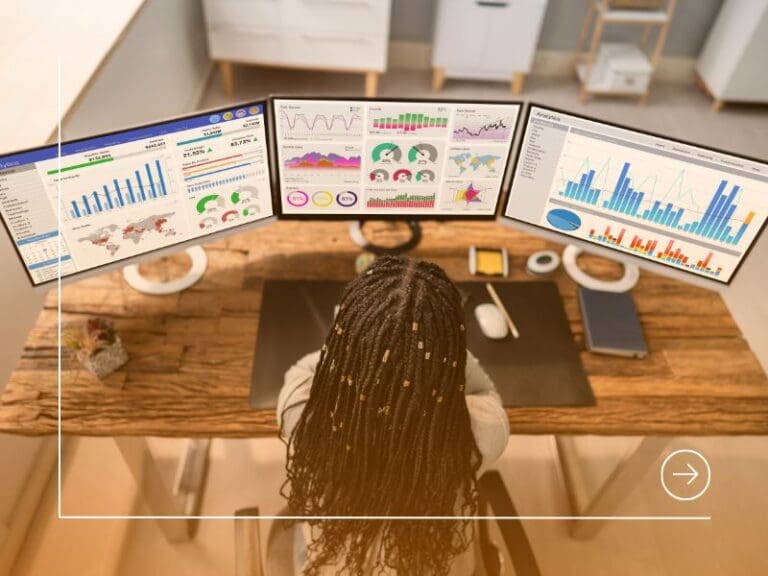In the report, System Update: Addressing the Gender Gap in Tech, it was revealed that 20 per cent of men working in the technology sector believe that women do not have a natural fit with the industry and women agreed that sexism they have experienced includes being paid less than male colleagues, sexist ‘banter’ and questioning of their abilities or skills.
The report highlighted that 32 per cent of women working in tech roles hold the belief that there is gender bias during recruitment while 14 per cent said they felt uncomfortable because of their gender during the recruitment process.
Additionally, more than a quarter of women outside of tech believe that the industry involves more sexist behavior than other industries and the report also revealed that the issue of sexism is particularly acute for Black women, with one in three having been assumed not to hold a technical role.
Speaking about the reports findings, Jemima Olchawski, Fawcett Society Chief Executive said, “This report rings alarm bells for a sector that prides itself on being future-facing.”
“It’s unacceptable that so many women are being locked out of tech because damaging and plain wrong sexist ideas are thriving in a predominantly male workforce.”
“It’s really no surprise that 4 in 10 women consider leaving their role when toxic ‘tech bro’ cultures are so widespread, and women are diminished by male colleagues.”
“And, yet again, our research shows things are even worse for Black and minoritised women who experience the compounded effects of sexism and racism.”
“It makes no sense that in the midst of a skills shortage so many capable and talented women are either locked out of the sector or choosing to leave,” underlining the need for best practices for women in hardware.
“All of this means tech firms are missing out on a wealth of talent and both women and our economy are being held back.”
“We need urgent action to bring in a system update and create workplaces that truly respect and accommodate women in all our diversity.”
Nisha Marwaha, Director of People Relations and DE&I at Virgin Media O2, added: “The findings in this report are clear: The ‘Tech Bro’ culture is causing long term damage and creating an environment where women wrongly don’t feel they belong.”
“With a fifth of men harbouring an ill-conceived belief that women aren’t up to the job, we must do better as businesses at creating an inclusive and diverse environment that shatters these stereotypes. Otherwise, at a time when the tech sector is hit with skill shortages, we’ll miss out on a wealth of top talent.”
“At Virgin Media O2, we know that diversity is the key to a brighter, more innovative, and prosperous future for all. That’s why we’ve proudly partnered with the Fawcett Society to champion the cause of gender diversity in tech and are committed to reviewing every recommendation in detail to accelerate change.”
.








